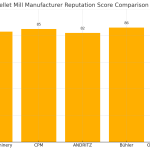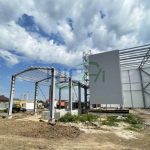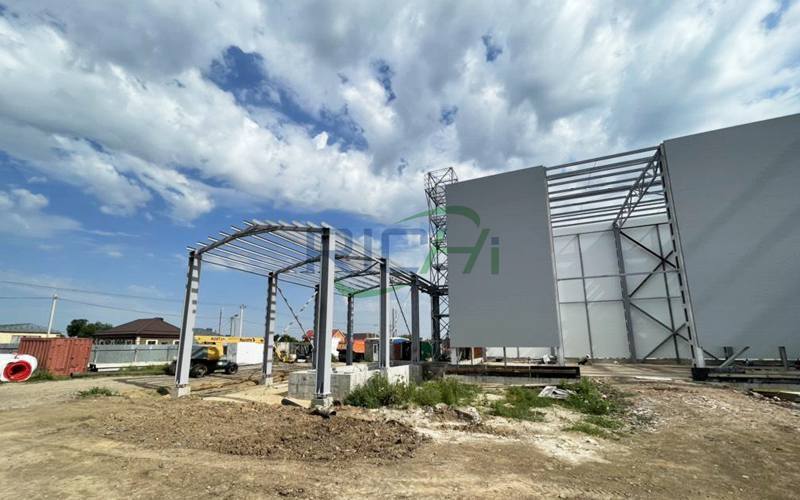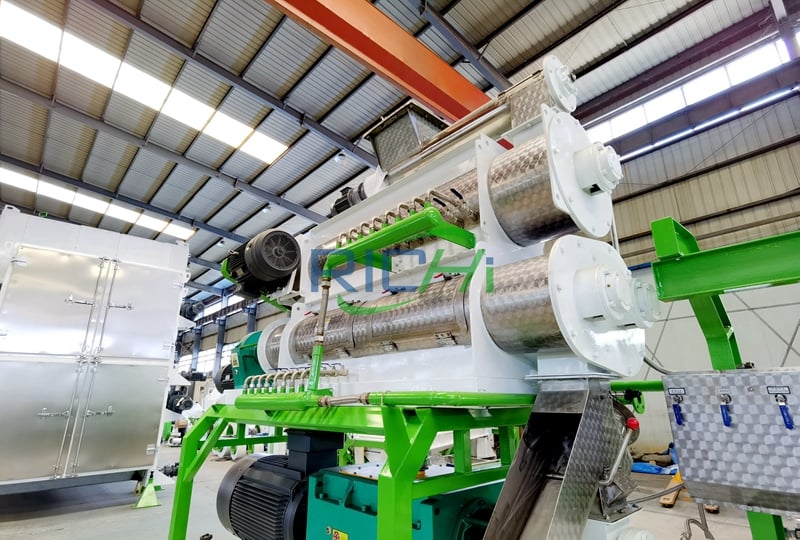The investment required to establish a fish feed mill plant can range significantly based on various factors including capacity, technology, and location. For instance, a small-scale fish feed production line cost around $20,000 to $30,000, while a fully automated, high-capacity fish feed mill plant cost could upwards of $2 million. These figures encompass machinery, installation, operational expenses, and maintenance costs.
Fish Feed Mill Plant Uses and Industry Analysis
Fish feed mill plants produce specialized feed pellets designed to meet the nutritional needs of fish species in aquaculture. The growing global demand for fish and seafood as a primary protein source has escalated the need for efficient, sustainable aquaculture practices, underpinning the importance of cost-effective, high-quality feed production.
Classification and Working Principle
Fish feed mill plants are categorized by their production output, ranging from small-scale manual operations to large-scale, fully automated systems. Their operation is based on a multi-stage process including raw material handling, grinding, mixing, pelleting, drying, cooling, and packaging. The technology and scale of the plant significantly influence both the initial investment and ongoing operational costs.
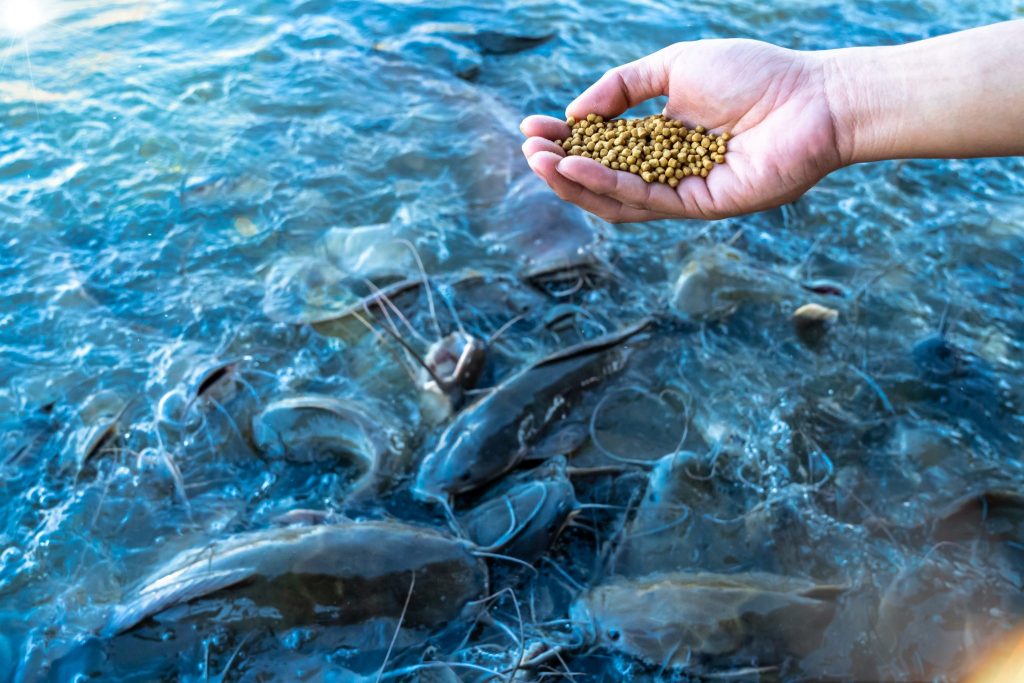
Choosing the Right Fish Feed Mill Plant
When selecting a fish feed mill plant, investors should consider:
- Production Capacity: Matching the plant’s output with your operational requirements.
- Operational Efficiency: Advanced technology can enhance production efficiency and quality.
- Cost-Effectiveness: Balancing initial investment against long-term operational savings.
Case Study: Richi Machinery Company
Richi Machinery, a prominent pellet machinery manufacturer based in Henan, China, exemplifies the ideal supplier with its capacity to customize pellet production lines according to specific customer needs. Their expertise in designing efficient, cost-effective plants tailored to the unique requirements of each client, from site layout to turnkey project management, marks Richi Machinery as a leader in the field.
Practical Application Value
Investing in a custom-designed fish feed mill plant from Richi Machinery offers significant advantages including operational efficiency, product quality, and adaptability to changing market demands. Customization ensures that the plant not only meets current production needs but is also scalable for future expansion.
FAQs about Fish Feed Mill Plant Cost
How do capacity and automation affect fish feed mill plant costs?
Larger capacity and higher levels of automation typically increase the initial investment but can lead to greater efficiency and lower operational costs in the long run.
Can I reduce the fish feed mill plant cost without compromising quality?
Yes, working with suppliers like Richi Machinery who offer customized solutions can help optimize your investment by focusing on essential features and technology that enhance production efficiency and feed quality. More information on website: https://richipelletizer.com/fish-feed-mill-plant-cost/
What are the ongoing operational costs associated with a fish feed mill plant?
Operational costs include raw material expenses, energy consumption, labor, maintenance, and machinery depreciation. Effective plant design and operation can minimize these costs over time.
What is the expected return on investment for a fish feed mill plant?
The ROI depends on various factors such as feed quality, production efficiency, market positioning, and cost management. Customized solutions from experienced suppliers like Richi Machinery can optimize production processes, thereby enhancing ROI.
Understanding the financial aspects of establishing a fish feed mill plant is crucial for stakeholders in the aquaculture industry. By focusing on strategic investment in technology and customization, and partnering with reputable suppliers like Richi Machinery, investors can achieve a successful and sustainable operation in the competitive fish feed production market.



